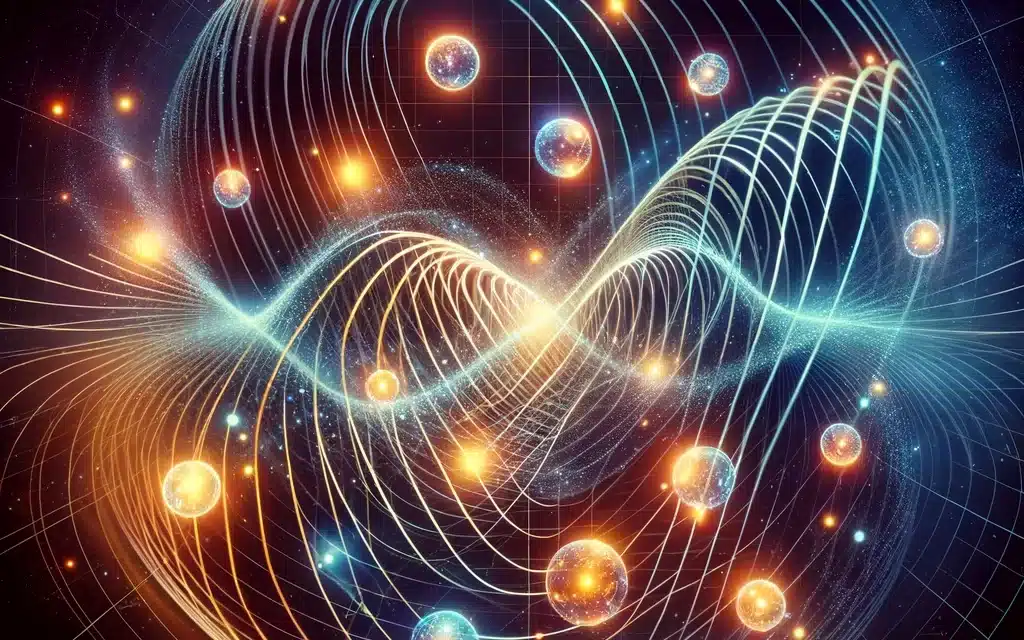In science, disciplines often seem isolated, each with its principles and methodologies. However, on closer inspection, connections emerge, revealing unexpected parallels and opportunities for collaboration. This is especially true if you are willing to color outside the lines — to entertain new ideas you may not have before believed. One such intersection lies between quantum physics and psychology. While seemingly separate, these fields share insights into the nature of reality and consciousness. There is a fascinating interplay between quantum physics and psychology.
Understanding Quantum Physics
Quantum physics is the branch of physics that deals with the behavior of particles at the smallest scales. It presents a paradigm-shifting view of reality. What I thought I knew — I didn’t know. At its core, quantum theory challenges our classical intuitions, introducing concepts such as superposition, entanglement, and wave-particle duality. These phenomena defy common sense, suggesting that particles can exist in multiple states simultaneously until observed and that the act of measurement influences the outcome of an experiment.
The Role of Consciousness
One intriguing aspect of quantum physics is its implication for consciousness. Some interpretations of quantum physics suggest that consciousness plays a fundamental role in the collapse of the wave function, thereby determining the outcome of quantum events. This idea — the observer effect, raises profound questions about the relationship between the observer and the observed, blurring the boundaries between the physical world and the realm of mind. In other words, as observed, as is.
Psychological Implications
Psychology — the study of the mind and behavior, offers insights into the workings of consciousness and perception. While traditionally grounded in classical physics, psychology has begun to explore the implications of quantum theory for understanding phenomena such as cognition, decision-making, and subjective experience. Quantum psychology proposes that the mind operates according to principles analogous to quantum physics, with concepts like uncertainty, nonlocality, and synchronicity.
Quantum Consciousness
Quantum consciousness suggests that the mind may harness quantum principles to generate phenomena such as creativity, intuition, and free will. Proponents of this idea argue that the brain’s neural networks could exploit quantum effects, such as quantum coherence and tunneling, to perform complex cognitive tasks beyond the capabilities of classical systems. While still speculative, research in this area holds the potential to revolutionize our understanding of consciousness and subjective experience.
Quantum Therapy
Quantum principles are finding applications in psychotherapy and counseling. I recently listened to a book called The Possibility Principle: How Quantum Physics Can Improve the Way You Think, Live, and Love; by Mel Schwartz. Quantum therapy integrates insights from quantum physics and psychology to address things like trauma, and anxiety. By tapping into the inherent interconnectedness of mind and matter, quantum therapy aims to facilitate healing and personal transformation, offering new pathways for individuals to explore their inner worlds and cultivate resilience.
Conclusion
The intersection of quantum physics and psychology represents a frontier of exploration, where the boundaries between science and mysticism blur. While much remains to be elucidated, the journey towards integrating quantum principles into psychology promises to unlock new realms of insight and possibility, reshaping our understanding of what it means to be human in a quantum universe.
In the realm of quantum physics, the laws of the universe operate on a scale beyond our comprehension. I can’t quite wrap my head around it, yet I can’t leave it alone.


